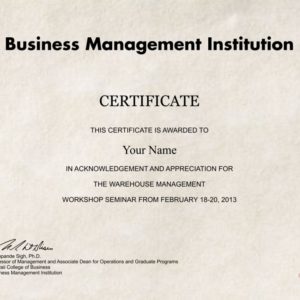WordPress – Transform Your Skills with Comprehensive Online Training for Beginners
In today’s digital age, having a website is essential for businesses, bloggers, entrepreneurs, and even hobbyists. Whether you are showcasing your products, services, or ideas, a well-designed and functional website can elevate your online presence. WordPress, the most popular content management system CMS globally, is the ideal platform for creating a website, thanks to its versatility, ease of use, and vast customization options. Mastering WordPress can open numerous opportunities, but if you are a beginner, it can feel overwhelming. That is where comprehensive online training comes in—designed specifically for beginners, these courses can transform your skills from novice to proficient in no time. Before diving into the training itself, it is worth understanding why WordPress is such a powerful tool for website creation. Over 40% of websites on the internet are powered by WordPress, a testament to its dominance. WordPress offers an open-source platform, meaning it is free to use, customize, and distribute. It also boasts thousands of themes and plugins, which allow users to tailor their websites exactly to their needs, without requiring extensive coding knowledge.

Its flexibility means that WordPress can support everything from small personal blogs to large e-commerce sites. Moreover, it is SEO-friendly, secure, and mobile-responsive, which are critical elements for any modern website. For beginners, WordPress might seem daunting at first, but a structured online training course can simplify the learning curve. The beauty of online training is that it is flexible and self-paced, allowing learners to go through lessons at their convenience. Comprehensive courses often start with the basics, teaching students how to set up a WordPress site from scratch, choose and customize themes, and use essential plugins. Many courses also cover vital topics like website security, search engine optimization SEO, and performance optimization.
During the WordPress training Malaysia, beginners are often introduced to Word Press’s intuitive dashboard, which acts as the control center of the website. Here, users learn how to create and manage pages, blog posts, images, and multimedia content. With the support of visual editors such as Gutenberg, WordPress allows users to design pages by simply dragging and dropping elements, making it accessible even for those with no prior design experience. Comprehensive training courses also guide learners through selecting and installing plugins—small pieces of software that add extra functionality to WordPress sites—whether for adding contact forms, integrating social media, or improving website speed. By the end of a comprehensive WordPress training course, learners should feel confident not only in building a website but also in managing and maintaining it. They will be equipped to troubleshoot common problems, update and back up their sites regularly, and ensure their websites are secure and performing optimally. Additionally, many courses offer insights into advanced customization techniques for those ready to take their skills further, such as creating custom themes or integrating e-commerce solutions through platforms like WooCommerce.

